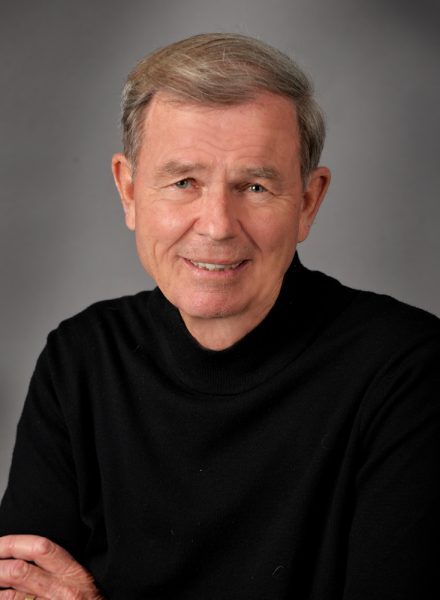Lessons from the Eureka Cemetery

Waking up in picturesque Midway, Utah, I asked the Beautiful Wife if she was up for a day trip. The Beautiful Wife was intrigued, even after she learned it was to Eureka, once a bustling mining town, now more a ghost town. People still live there, but the dead outnumber the living. Two of the former are great-grandparents and I felt a duty to tend their graves.
During the Civil War, President Abraham Lincoln encouraged mining in the West. The fortunes made in California’s ’49 Gold Rush, Pike’s Peak ’58 rush, and Nevada’s ’59 Comstock Lode silver rush suggested a way to help fund the war. When a wandering prospector found a rock with high silver content, the Tintic Mining District was formed and Eureka was born. The stamping mills that once ran around the clock are silent now and the buildings along the main street are falling down, but Eureka was once a busy business center. J. C. Penney built his second store here.
No one we spoke to in Eureka knew why or when, but long ago the cemetery, once in the center of town, was moved a couple of miles away. They must have had big plans for downtown Eureka. This was before the 1918 Spanish Flu Pandemic because the current cemetery has a section without headstones—at the height of the pandemic, victims were buried in a mass grave. Other early graves were marked by wooden monuments later lost to a brush fire. Record keeping was hit and miss. The bottom line is it’s best not to dig in the older sections—you might disturb someone’s rest.
You get a fresh perspective in Eureka’s cemetery. The view across the Great Basin to distant mountains brings a broadening scale and a sense of one’s insignificance. Time slows to a crawl. Excepting the winding road, has the view changed over the eons? The tombstones add their silent facts: a name, the date of birth and death, a statement of relationship—mother, father, son or daughter. Sometimes there is a favorite scripture, or the summation of a life. For a mother who died at just 37, the assuring epitaph: “She did the best she could.”
The tombstones, taken together, tell a story—in the end, it’s family that matters. A grandfather I never knew was a hard-rock miner in Eureka. He had been a promising student but at sixteen went down into the mines to support the family after his father’s death. He died at 32 of the miner’s disease, pneumonia. My mother was two years old at her father’s death so she never knew him. Though she lived a century longer, not knowing her father remained a sadness in her life.
Cemetery plots are a bargain in Eureka, $200 for residents, $450 for non-residents. Though you can buy a single grave site, nearly all the cemetery is divided into 16-foot by 16-foot family-sized plots hosting up to eight graves. It bears repeating—when all is said and done, it’s family that matters. There’s meaning in that.
Skip fell in love with Laguna on a ‘50s surfing trip. He’s a student of Laguna history and the author of “Loving Laguna: A Local’s Guide to Laguna Beach”. Email: [email protected]




